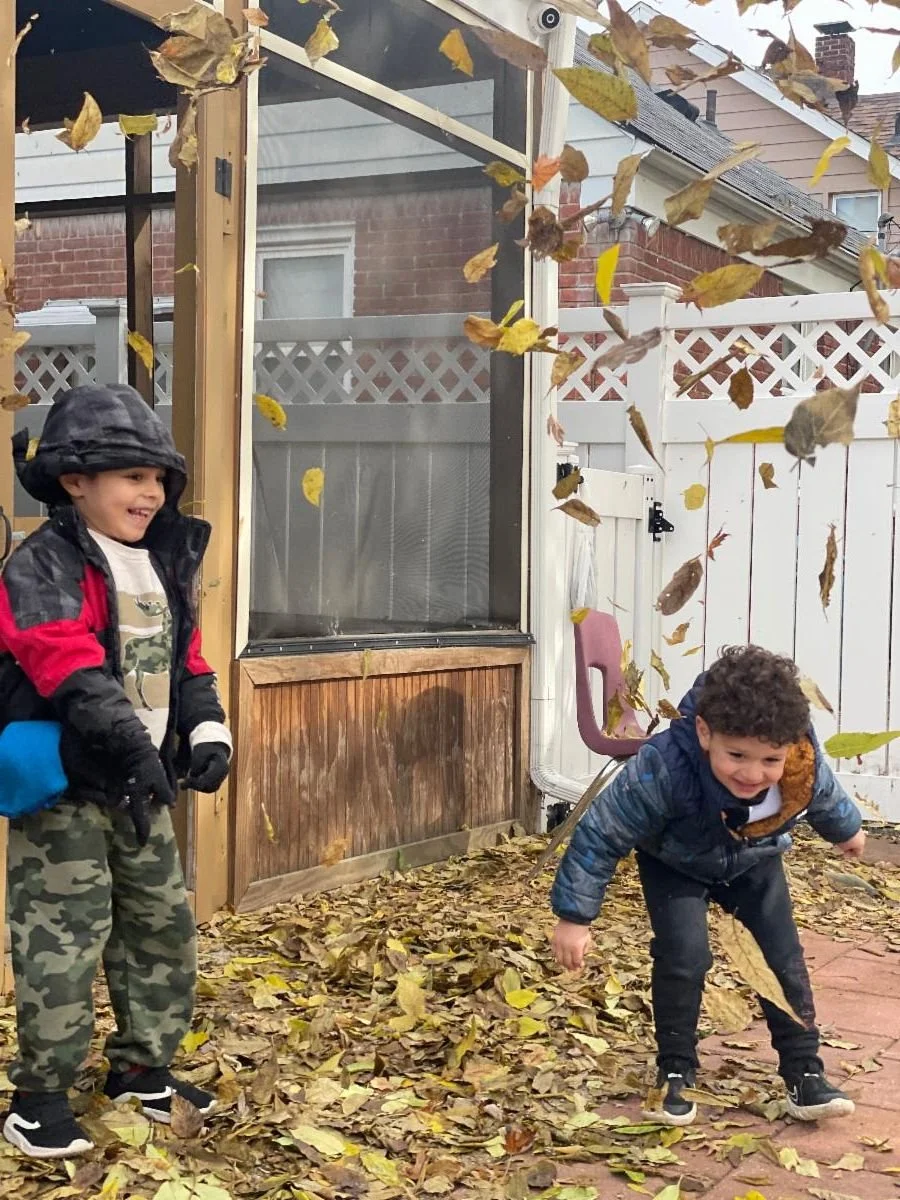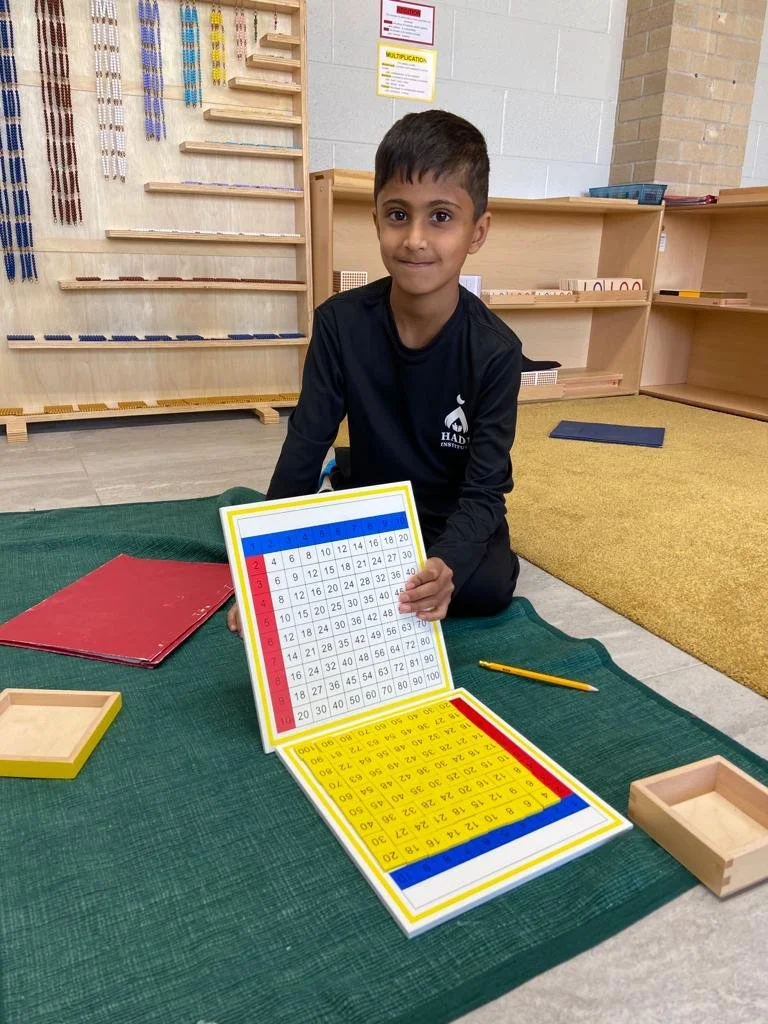Our Philosophy
In accordance with the methods of the Holy Prophet Muhammad (s) and the Ahlul Bayt (a), Hadi Montessori strives to create learning environments that allow the child’s fitrah to breathe and gifts to unfold. Our learning communities also foster the development of the Islamic worldview and lifestyle. We view this as an essential prerequisite to everything else we do. Rather than suffice with teaching Islamic concepts during school hours, we commit ourselves, our students, and their families to living the noble teachings of Islam at all times.
The Montessori method respects the child’s need for freedom (within limits) and self-directed learning and inquiry. As such, teachers are trained to facilitate this process by offering lessons and preparing beautiful and developmentally appropriate learning environments in which children are able to develop at their own pace, and according to their needs and interests.
Primary
“The child is the master for the first seven years.”
Prophet Muhammad (s)
The Islamic philosophy for child-rearing encourages freedom before the age of seven. Dr. Maria Montessori, who developed her method over the course of 50 years, echoed this prophetic wisdom when she spoke about the role of guides in the Primary classroom: “We teachers can only help the work going on, as servants wait upon the master.”
Children under the age of seven are driven to develop and perfect their abilities. They learn best through open-ended, real-life activities and exploration. In the Montessori classroom, children are provided three-hour blocks of uninterrupted work time in which they are free to choose their activities. As they engage at their own pace, their sensory perceptions, concentration, movements, and language develop, and their powers of reason, imagination, and sociability begin to emerge. They exhibit an increased sense of joy and wonder. They become part of a classroom ecosystem wherein they begin to develop cooperation and other positive, prosocial behaviors and attitudes.
Madinatul ‘Ilm, our Primary (or Early Childhood) classroom, is comprised of children aged 3-6 and has a teacher-to-child ratio of 1:10.
Lower Elementary
Elementary-aged children typically can be characterized by their curious minds, their ability to abstract and imagine, their moral and social orientation, and their energy for research and exploration. Elementary children work in small, mixed-age groups on a variety of projects which spark the imagination, engage the intellect, and develop their reasoning abilities.
Madinatul Quds, our Lower Elementary Community, is comprised of children ages 6-9. Elementary studies build knowledge through an in-depth look at the world and how it works. Studies are integrated across disciplines that include Qur’an, Islamic studies, geography, biology, history, language, mathematics, science, art and practical life. Exploration of each area is augmented by the children, who organize visits beyond the confines of the classroom to gain real-life knowledge from community resources, such as the library, planetarium, botanical garden, science center, factory, hospital, etc. This approach fosters a feeling of connectedness to humanity and encourages children’s natural desire to make a contribution to the world.
“When I am with children, I am a nobody, and the greatest privilege I have when I approach them is to be able to forget that I even exist, for this has enabled me to see things that one would miss if one were somebody.”



